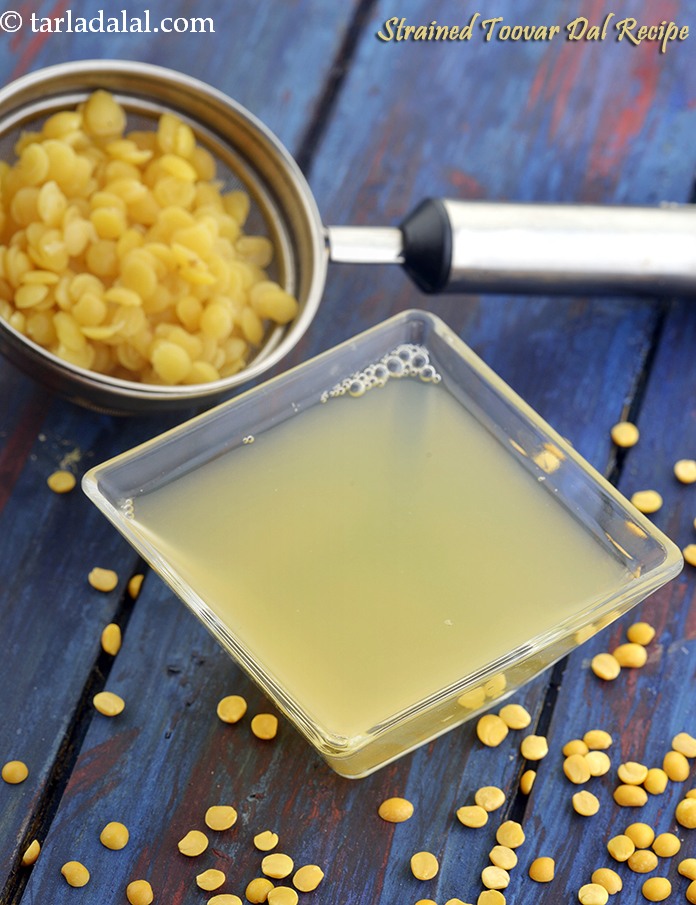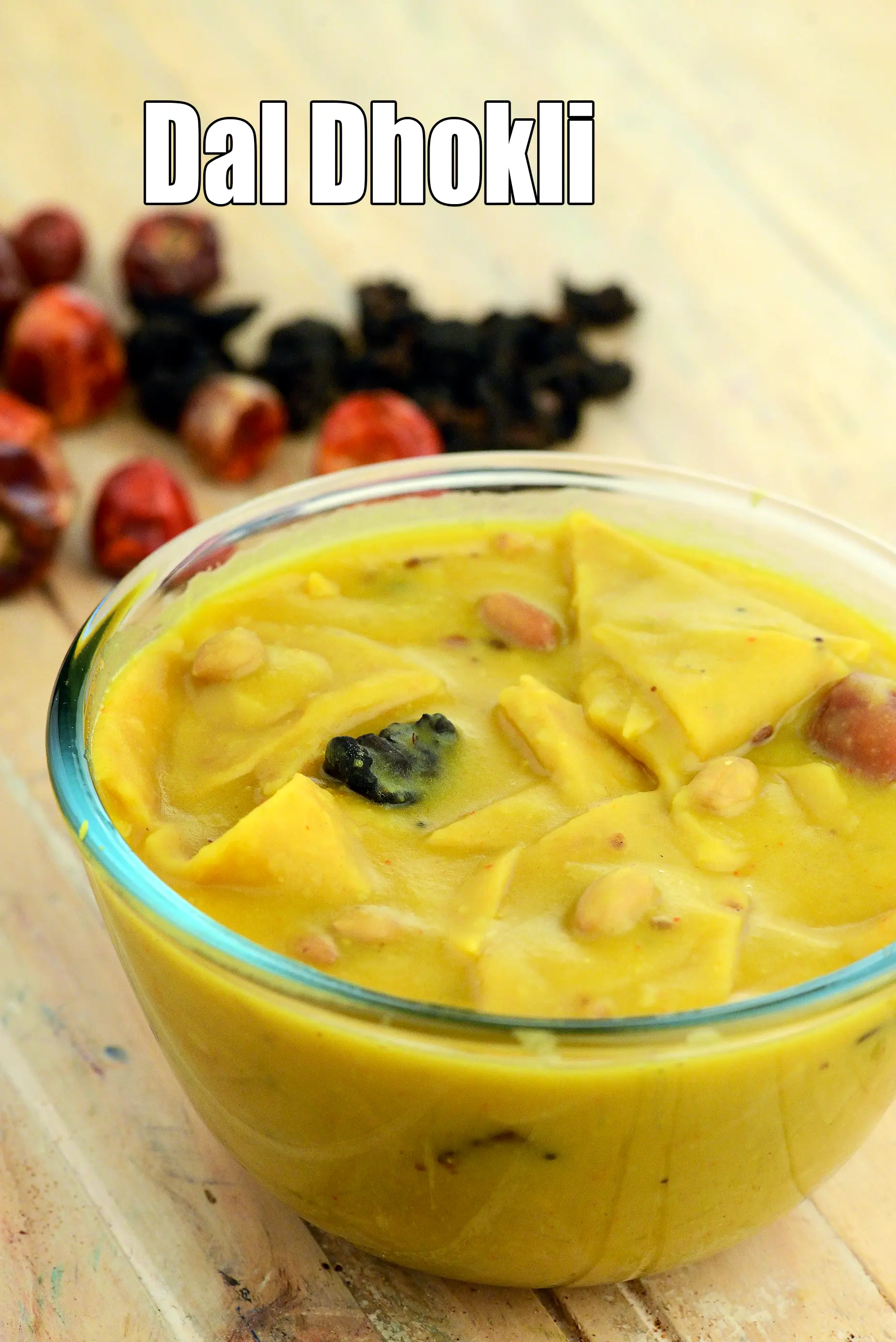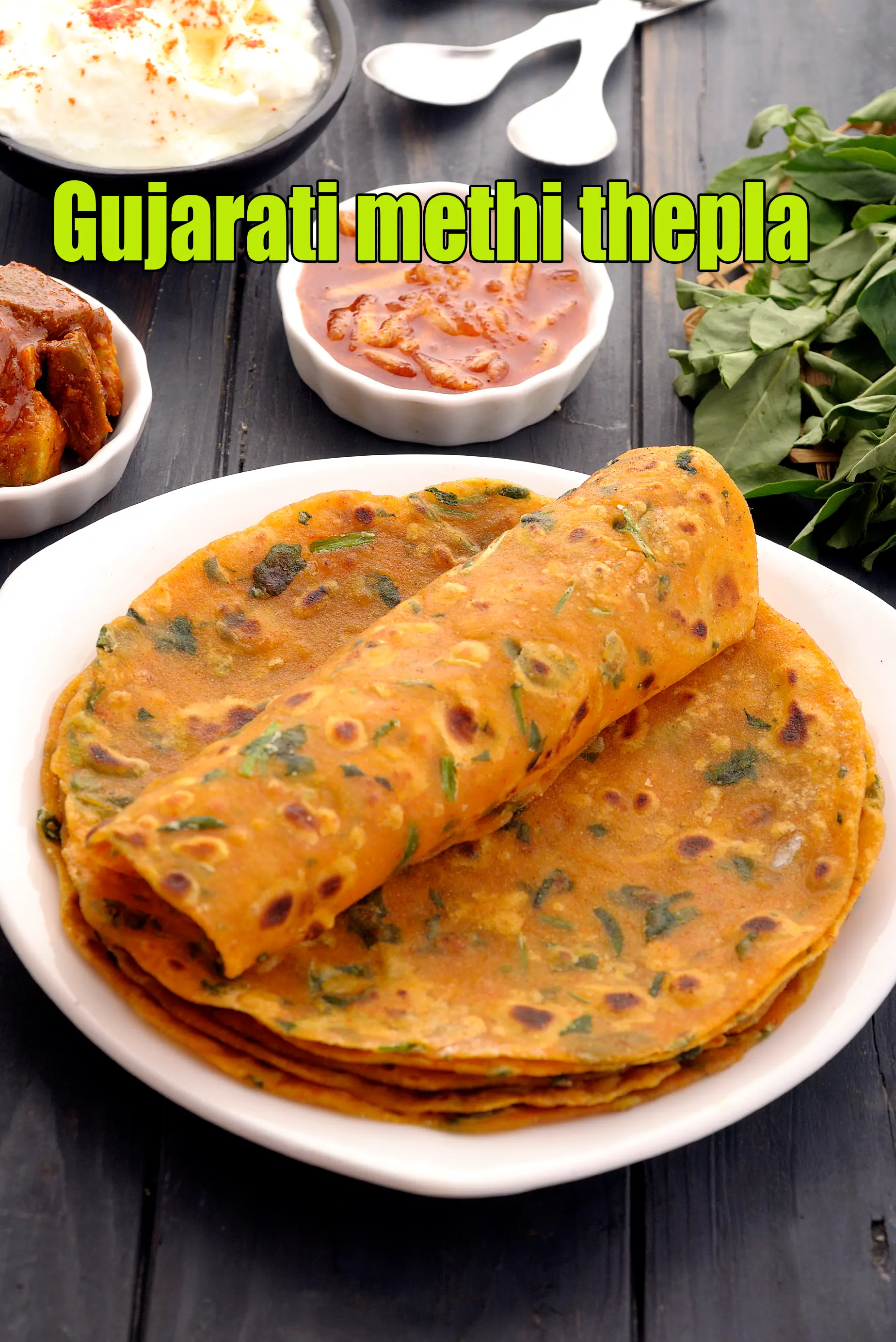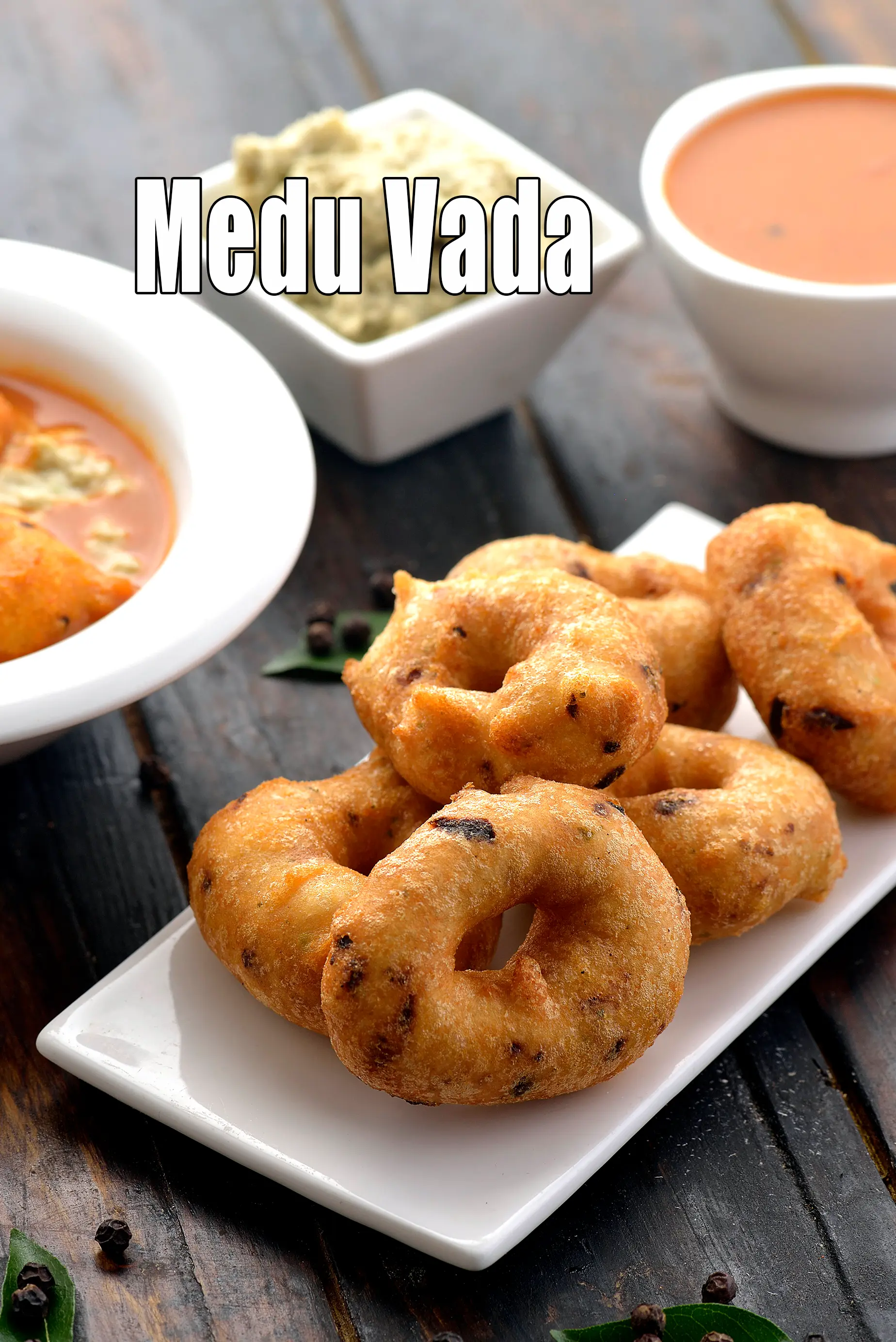This category has been viewed 40957 times
Kids Recipes > Weaning foods at 7 months
8 Weaning Foods At 7 Months Recipes
Last Updated : 27 November, 2024

Table of Content
7 months Baby Food, Indian Weaning recipes
There are varying opinions about the sequence of weaning foods. Most babies are accustomed to a diet composed entirely of milk till the sixth month. So initially, it is a good idea to introduce weaning with liquid supplements like soups, juices, and dal water starting from the sixth month onwards. These can be followed by semi-solid supplements like mashed cereals, fruits and vegetables. You should begin with one such supplementary feed every day, preferably in the morning. Later, you can add one more feed in the evening. Consult your paediatrician before you start weaning, as he will be the best person to guide you about the special needs of your baby.
Liquid Supplements for 7 months Baby Food
Dairy Products: In the first month of weaning, top milk (cow's or buffalo's) is not recommend by most paediatricians as you are still breastfeeding and that is enough to fulfil your little one's requirement. But if you are giving mashed fruits like banana, then to thin down the consistency, you can add 2 tbsp of breast milk or cow's milk (as it is more easily digestible) as shown in the recipe of Banana Mash. However, it is advisable to feed just a teaspoon of mashed banana when you are feeding it for the first time to ensure that your baby doesn't have any digestive problems or allergy to cow's milk.
Fruit and Vegetable Juices: A well-balanced diet is essential, especially during these initial months. Your little one is growing now and will need vitamins and minerals to make her strong. Fresh fruit and vegetable juices made of carrots, beetroot, apple and muskmelon that are storehouses of vitamins, are the best foods to supplement a breast milk diet. You can also serve Apple Punch, which is strained water of cooked apples.
9 guidelines on how to prepare and feed fruit juices to your 7 month baby:
• Straining the juices is necessary to make digestion easier.
• Most paediatricians recommend that fruits like custard apple, pineapple, grapes, watermelon, guavas, orange and strawberry should be avoided till your baby is one year old.
• It is better to avoid using vegetables like tomatoes to make juice as they may contain some indigestible shreds even after you strain them, and these may be difficult for your baby to digest at this age.
• To begin with, introduce your baby to a single fruit or vegetable juice at a time. This will help you to identify your baby's likes, dislikes and allergies, if any. Check the recipe of Carrot Juice, and Muskmelon Juice.
• Follow this with a combination of two fruits or vegetables, once the baby has adjusted to both the fruits or vegetables individually. Try Carrot and Muskmelon Juice.
• Start with 1 teaspoon of liquid and gradually increase the amount to about half a cup per day.
• Before you start preparing your baby's meal, do remember to wash and sterilise all the utensils and equipments you use.
• Don’t expect your baby to like all the foods you give her. If she does not like something, avoid it for some days and try again later.
• Stay away from myths and superstitions. A prevalent notion that fruit juices must be warmed before feeding to prevent your baby from catching a cold is completely erroneous. Warming or heating will destroy the volatile vitamin C present in them.
Vegetable Soups and Dal Water: Strained dal water is the best one to begin with, especially moong dal as it is easier to digest. Serve Moong Dal Water and see your little one’s face light up. You can also begin with thin strained vegetable soups such as carrot, pumpkin, bottle gourd, beetroot etc. These are a good source of Vitamin A and Vitamin C.
4 pointers on vegetable soups and dal water:
• It is advisable to begin with one type of vegetable soup or dal and gradually accustom your baby to a combination of these vegetables and dals.
• Try recipes like Masoor Dal Water, Doodhi Soup, Beetroot Soup, and Carrot Soup. Gradually try vegetable combinations like Beetroot and Carrot Soup.
• A wide variety of soups and dals will help your baby savour and develop a taste for foods other than breast milk.
• Adding salt to babies' meals at this age is not recommended as their kidneys are not yet developed. Don't worry; they don’t have a craving for sugary and salty foods at this age. So, they will definitely welcome the salt-free foods served to them.
Semi-Solid Supplements for 7 month Baby Food
Babies are most likely to take to semi-solid foods with gusto, savouring this addition to their regular diet of milk, soups and juices. It is also quite possible that they may resist these changes, resulting in a messy meal and splattered clothing and furniture. Do not be alarmed by this as your baby may resist new tastes initially. It is a natural process where she is trying to adapt to new foods and to learn the skill of swallowing foods other than liquids while also adapting to newer flavours.
It is not essential to follow a strict drill or order in which to introduce the supplementary foods. However, the best semi-solid supplement for your baby initially, is a single cereal or a mashed fruit or vegetable. Rice is the most common cereal to begin with, as it is nutritious and easiest for babies to digest. It is wiser to begin with Rice Water and within a week or two you can start on Rice Mash.
This is the time to introduce mashed fruits as well. Most babies will love the sweet taste of fruits and welcome this innovation in their regular diet. Banana Mash makes an excellent meal. Chickoo, papaya and ripe mango can also be great additions.
Ensure that food is properly cooked and blended to a semi-solid consistency so that it is easy to swallow. Remember to begin with a single fruit or vegetable and gradually introduce your baby to combinations. If she does not accept a particular food, do not worry. Wait patiently for 1 or 2 weeks and re-introduce the same food again. In the meanwhile, try other food group combinations instead.
Enjoy our healthy toddler recipes for 1 to 3 years and other baby recipes articles below.
1. Recipes for Baby (10 to 12 Months)
2. Recipes for Toddlers (1-3 Years)
3. Recipes for Weaning (8 to 9 months)
4. Recipes for weaning, 6 to 7 months

banana puree for babies |how to make banana puree for babies | banana puree for 6 month old … More..
Recipe# 6278
06 December, 2024
calories per serving
rice water for babies | how to rice water at home for babies | chawal ka paani for … More..
Recipe# 6275
06 December, 2024
calories per serving
carrot juice for babies | how to make carrot juice for 6 month old baby | Indian baby … More..
Recipe# 6279
06 December, 2024
calories per serving
masoor dal water for babies | masoor dal ka pani for babies | daal ka paani recipe for … More..
Recipe# 5877
06 December, 2024
calories per serving
beetroot soup for babies and toddlers | beet soup for babies | beet soup for kids | healthy … More..
Recipe# 6276
06 December, 2024
calories per serving
carrot and muskmelon juice for babies | how to make carrot and muskmelon juice for 6 month old … More..
Recipe# 6281
06 December, 2024
calories per serving
Sometimes the simplest of recipes turns out to be most handy! This Homemade Strained Apple Juice is one … More..
Recipe# 7299
23 February, 2025
calories per serving
strained toovar dal water recipe, clear fluid recipe | liquid diet Indian recipe | liquid diet after surgery … More..
Recipe# 7302
23 February, 2025
calories per serving
calories per serving
banana puree for babies |how to make banana puree for babies | banana puree for 6 month old … More..
calories per serving
rice water for babies | how to rice water at home for babies | chawal ka paani for … More..
calories per serving
carrot juice for babies | how to make carrot juice for 6 month old baby | Indian baby … More..
calories per serving
masoor dal water for babies | masoor dal ka pani for babies | daal ka paani recipe for … More..
calories per serving
beetroot soup for babies and toddlers | beet soup for babies | beet soup for kids | healthy … More..
calories per serving
carrot and muskmelon juice for babies | how to make carrot and muskmelon juice for 6 month old … More..
calories per serving
Sometimes the simplest of recipes turns out to be most handy! This Homemade Strained Apple Juice is one … More..
calories per serving
strained toovar dal water recipe, clear fluid recipe | liquid diet Indian recipe | liquid diet after surgery … More..


Related Recipes
Follow US
Recipe Categories
- Vitamin B12 Cobalamin Rich Recipes 33 recipes
- Low Calorie, Weight Loss Indian Recipes 421 recipes
- Low Cholesterol Indian Recipes 307 recipes
- Healthy Indian Breakfast 372 recipes
- Indian Diabetic recipes 558 recipes
- Indian Pregnancy recipes 461 recipes
- Zero Oil Indian Recipes 133 recipes
- Iron Rich Indian recipes 267 recipes
- Healthy Indian Acidity recipes 132 recipes
- Healthy Sabzis 108 recipes
- Indian Healthy Veg Snack 275 recipes
- Healthy Heart Recipes 415 recipes
- Healthy Veg Indian Soups 74 recipes
- Calcium Rich Indian Recipes 373 recipes
- High Blood Pressure Indian Recipes 100 recipes
- Healthy Indian Salads Recipes 137 recipes
- Low Carb Indian Diet, recipes 160 recipes
- Hypothyroidism Diet 59 recipes
- Arthritis Diet 68 recipes
- Vitamin K Diet 41 recipes
- High Protein Indian recipes 93 recipes
- Fatty Liver Diet 30 recipes
- PCOS 131 recipes
- Gluten Free Veg Indian 193 recipes
- High Fiber 328 recipes
- Indian Cancer Patients 275 recipes
- Jaundice Diet 45 recipes
- Sprouts 61 recipes
- Typhoid 43 recipes
- Irritable Bowel Syndrome (IBS) 20 recipes
- Kidney Stone Diet 9 recipes
- Home Remedies 213 recipes
- Senior Citizen 195 recipes
- Diet for Dialysis 10 recipes
- Healthy Indian Drinks and Juices 213 recipes
- Gout Indian Recipes 17 recipes
- Potassium Rich 80 recipes
- Vegan 194 recipes
- Forever Young Diet, Anti Aging Indian Diet 255 recipes
- Indian recipes to treat Vomiting 7 recipes
- High in Omega 3 Fatty Acids 31 recipes
- Zinc Rich Foods 55 recipes
- Vitamin B1 Rich Indian Foods, Recipes 101 recipes
- Malaria Diet 17 recipes
- Vitamin A Rich, Beta Carotene, Retinol 87 recipes
- Antioxidant Rich Indian 445 recipes
- Low Veg Glycemic Index 86 recipes
- Magnesium Rich 94 recipes
- Healthy Indian Dinner 85 recipes
- Lower Blood Pressure Salads 7 recipes
- Vitamin C Rich Indian recipes 118 recipes
- Healthy Indian Lunch Recipes 29 recipes
- Lactation 25 recipes
- Hyperthyroidism Diet 46 recipes
- Vitamin E Rich 50 recipes
- Vitamin B3, Niacin Rich 41 recipes
- Post Surgery Diet 42 recipes
- Lower Blood Pressure Desserts Sweets 14 recipes
- Selenium 27 recipes
- Phosphorus Rich Indian Recipes, Foods 74 recipes
- Copper 15 recipes
- Foods Rich in Vitamin B2 Riboflavin 22 recipes
- Vitamin B6 Diet 36 recipes
- Vitamin B9 Rich Folate 50 recipes
- B Vitamins 231 recipes
- Manganese Diet 32 recipes
- Marathoners, Endurance Athletes, Triathlete 225 recipes
- Thalassemia 18 recipes
- Detox Water, Fruit Infused Water 42 recipes
- Lactose Free Dairy Free 22 recipes
- Omega 6 Fatty Acids 32 recipes
- Phytonutrients 51 recipes
- Chronic Kidney Disease Indian recipes 12 recipes
- Selenium1 0 recipes
- Quick Snacks / Quick Starters 385 recipes
- Quick Breakfast Indian 132 recipes
- Quick Sabzis 117 recipes
- Quick Rotis / Parathas 46 recipes
- Quick Indian Sweets 139 recipes
- Quick Stir-Fries 51 recipes
- Quick Vegetarian Indian Soups 72 recipes
- Quick Chutneys 67 recipes
- Quick Vegetarian Rice, khichdi Recipes 56 recipes
- Indian snacks under 10 minutes 44 recipes
- Quick Indian Dips, Gravies & Sauces 103 recipes
- Quick Veg Indian Pizza 17 recipes
- Quick Veg Pasta 25 recipes
- Quick Pickles / Aachar 25 recipes
- Quick Dals / quick Kadhis 29 recipes
- Snacks under 5 minutes 33 recipes
- Quick Healthy Recipes 43 recipes
- Quick Pressure Cooker 46 recipes
- Quick Desserts 47 recipes
- Quick 3 Ingredients 63 recipes
- Quick Indian Desserts 18 recipes
- Quick 4 Ingredients 41 recipes
- Quick 5 Ingredients 41 recipes
- Kids Tiffin Box 318 recipes
- Recipes for Toddlers (1-3 Years) 31 recipes
- Sweet Recipes for Kids 453 recipes
- Recipes for Baby (10 to 12 Months) 14 recipes
- Quick Indian recipes for Kids 72 recipes
- Indian Breakfast Recipes for Kids 192 recipes
- Recipes for Weaning (8 to 9 months) 20 recipes
- Healthy Foods for Kids 195 recipes
- Snack Recipes for Kids 619 recipes
- Recipes Kids can make 36 recipes
- Kids After School 794 recipes
- Kids Jar Snacks 66 recipes
- Finger Foods for Babies, Toddlers and Kids 76 recipes
- Kids Weight Gain 43 recipes
- Kids Wraps and Rolls 23 recipes
- Kids Veg Pasta 27 recipes
- Kids Brain Boosting 68 recipes
- Protein rich food for kids 69 recipes
- Recipes for Weaning 13 recipes
- Kids Pizzas 30 recipes
- Babies, Toddler and Kids Iron Rich Foods 31 recipes
- High Fiber Foods for Kids 39 recipes
- Kids Noodles 37 recipes
- Kids High Energy Indian Foods 103 recipes
- Kids Calcium Rich Indian recipes 91 recipes
- Kids Recipes for Increasing Immunity 10 recipes
- Babies recipes, 6 to 18 months 31 recipes
- Kids Weight Loss 58 recipes
- Teething Recipes for Babies 10 recipes
- Cereals and Pulses for 8 to 9 months Baby 5 recipes
- Weaning foods at 7 months 8 recipes
- Indian Teen 315 recipes
- Starters / Snacks 2137 recipes
- Indian Breakfast Recipes 819 recipes
- Main Course Recipes 925 recipes
- Indian Salads 385 recipes
- Indian Desserts , Sweets 984 recipes
- Indian Soups 249 recipes
- Indian Beverages, Indian Drinks 483 recipes
- Indian Dinner 903 recipes
- Indian Dinner1 0 recipes
- Indian Lunch 830 recipes
- Side Dishes 449 recipes
- Indian Travel Food 433 recipes
- Indian Barbeque1 recipes 22 recipes
- Frozen Foods, Indian Freezer Recipes 67 recipes
- Whole Wheat Recipes 56 recipes
- Indian Comfort Foods 212 recipes
- Dinner Menus 56 recipes
- Easy Indian Veg 70 recipes
- Innovative Indian Recipes 27 recipes
- No Cook Indian 37 recipes
- Advanced Recipes 10 recipes
- Cakes with Eggs 13 recipes
- Microwave 230 recipes
- Oven 619 recipes
- Indian Steamer Recipes 102 recipes
- Kadai Veg 406 recipes
- Indian Barbeque Recipes 43 recipes
- Sizzler tray 15 recipes
- Mixer 566 recipes
- Pressure Cooker 315 recipes
- Tava 646 recipes
- Non-stick Pan 1393 recipes
- Appe Mould 17 recipes
- Pan 223 recipes
- Indian Freezer recipes, meals 56 recipes
- Deep Pan 148 recipes
- Non Stick Kadai Veg 203 recipes
- Refrigerator 176 recipes
- Waffle Indian recipes 6 recipes
- Handi 12 recipes
- Juicer and Hopper 64 recipes
- Grill 30 recipes
- Toaster 21 recipes
- Gas Toaster 7 recipes
- Steam 72 recipes
- No Cooking Veg Indian 335 recipes
- Vegetarian baked Indian recipes 380 recipes
- Boiled Indian recipes 129 recipes
- Deep Fry 259 recipes
- Indian Tawa 266 recipes
- Shallow Fry Indian 25 recipes
- Microwave1 173 recipes
- Saute 273 recipes
- Indian Pressure Cooker 171 recipes
- Stir-fry 100 recipes
- Roasting 0 recipes
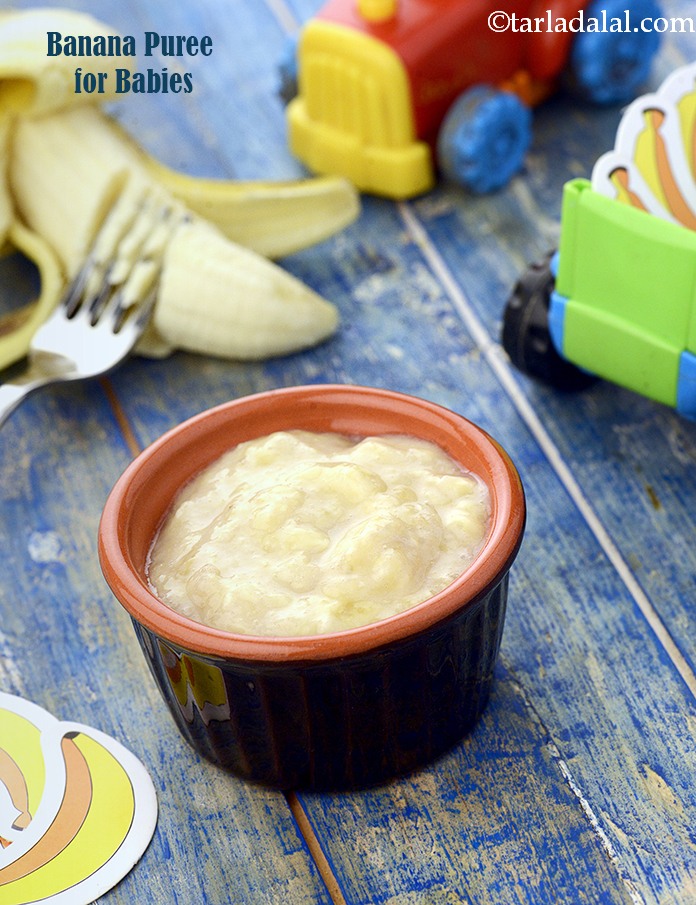
-14300.webp)
-10637.webp)
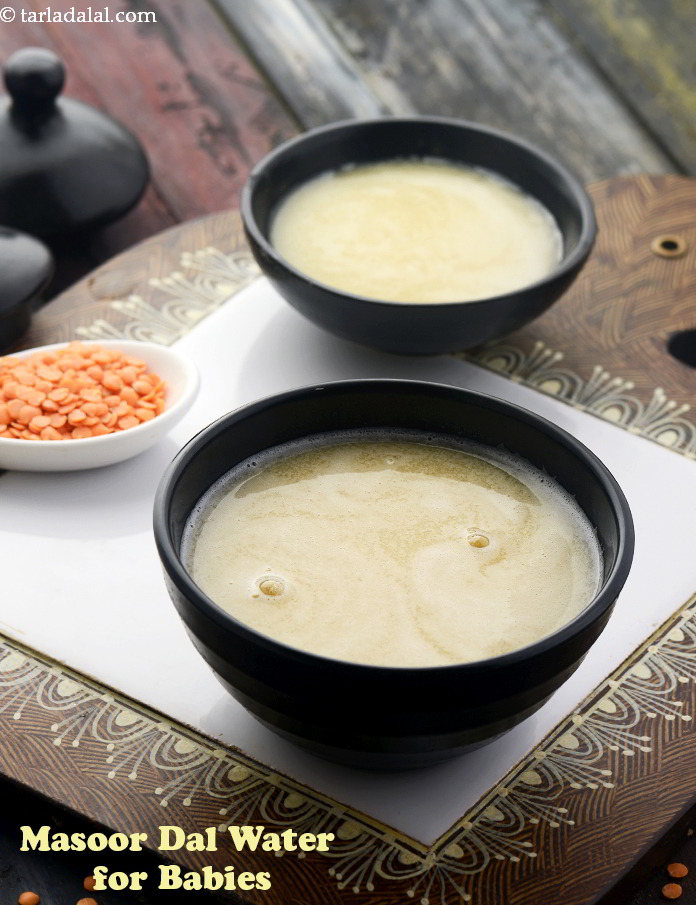
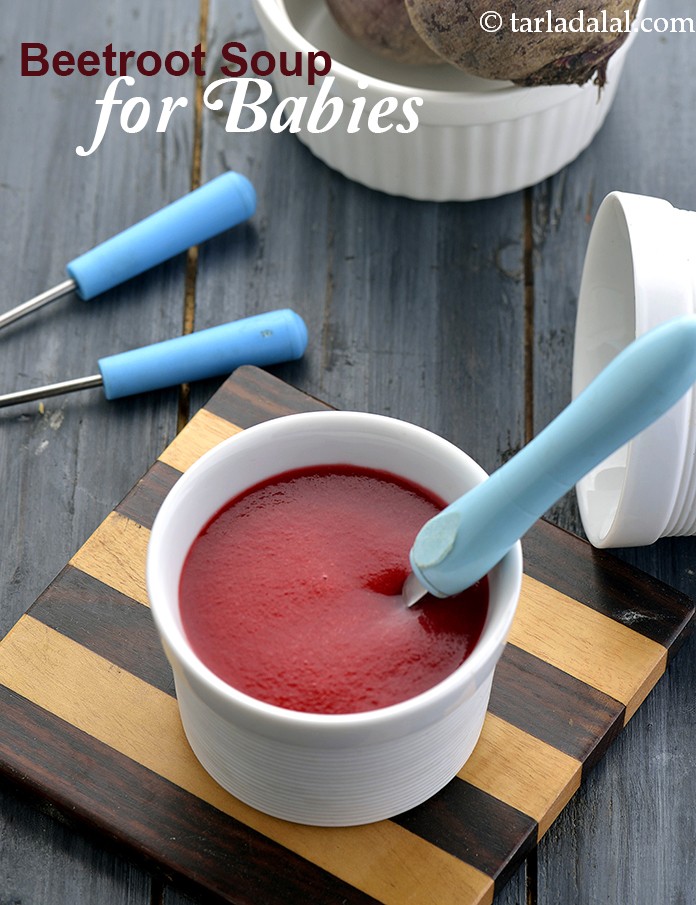
-14290.webp)

